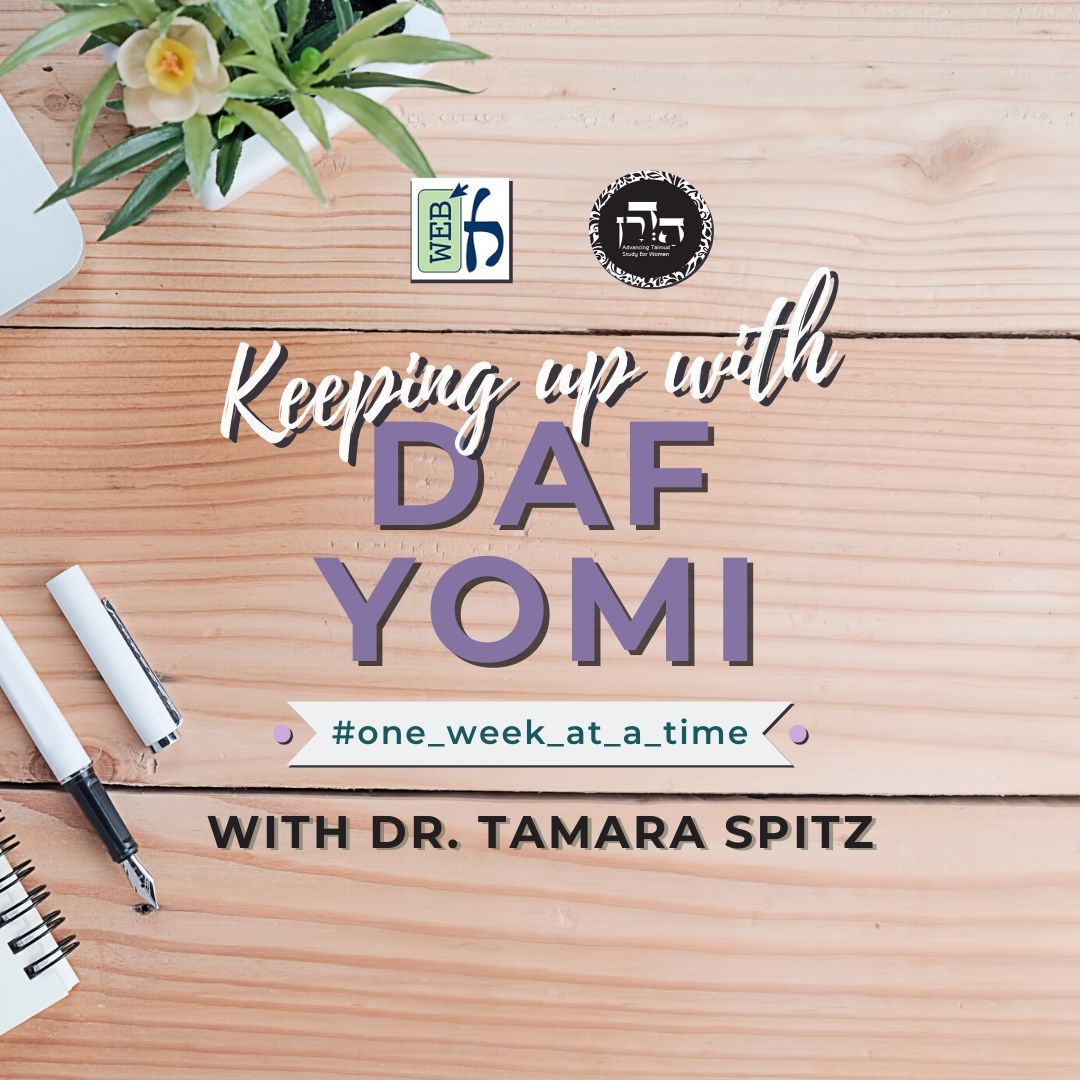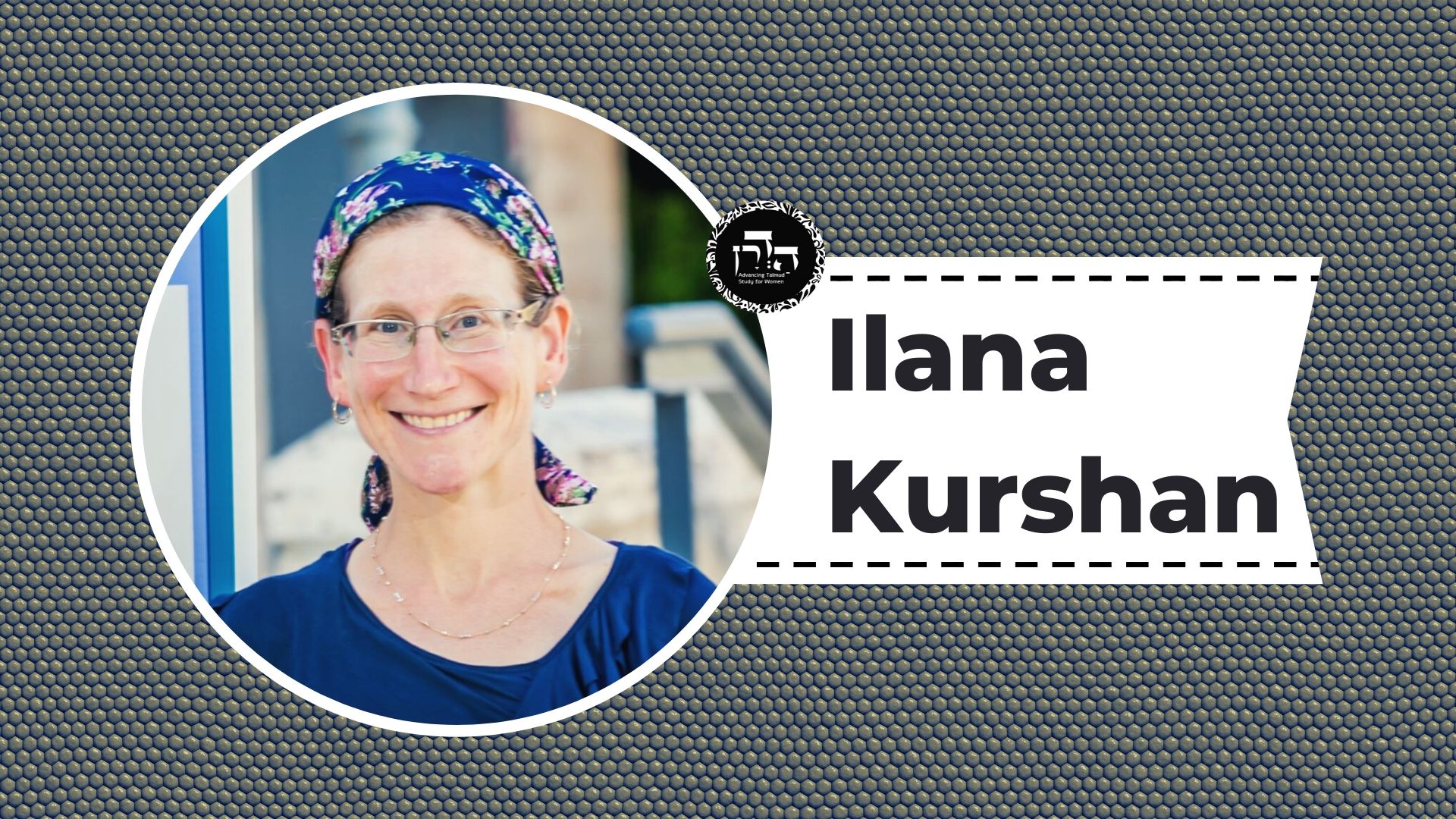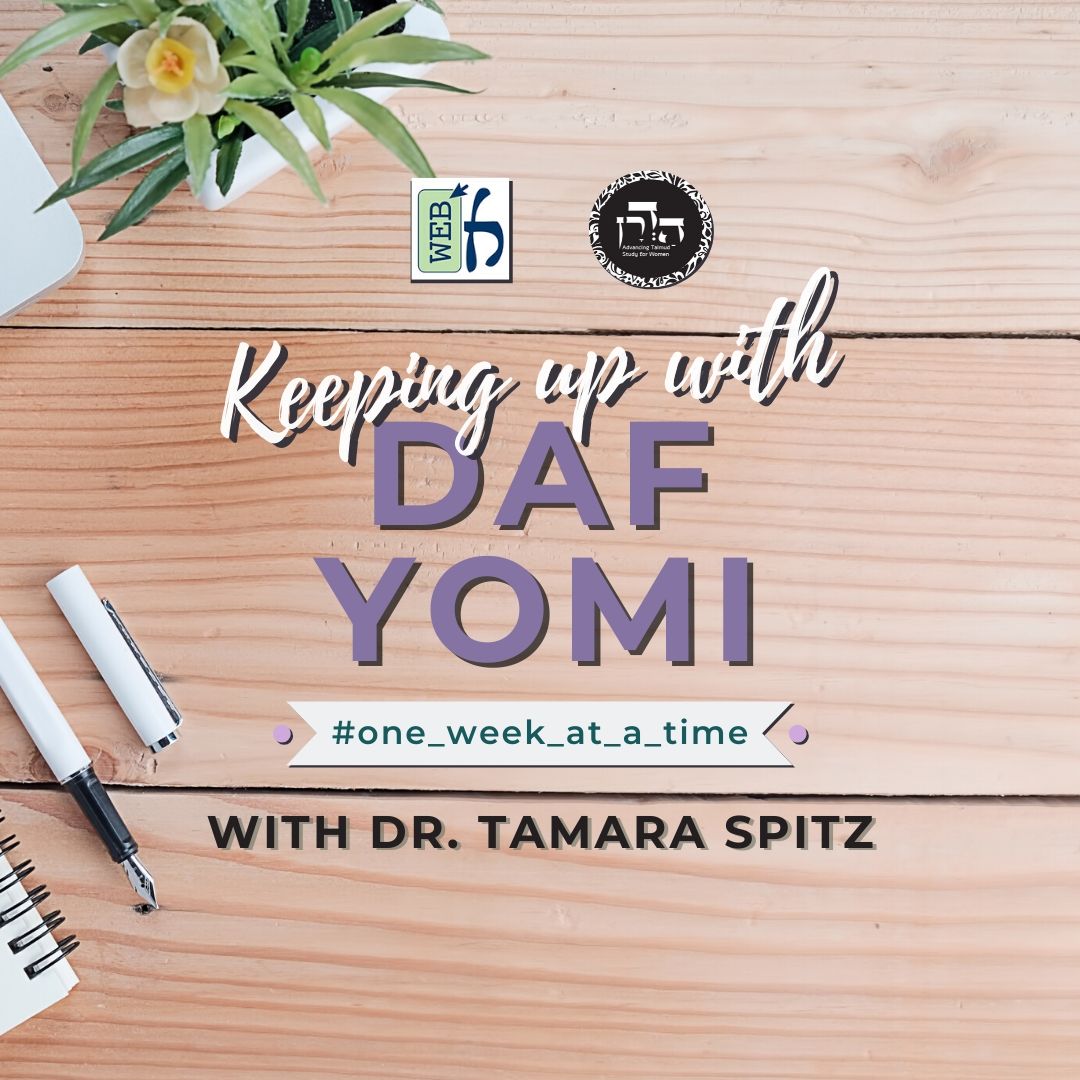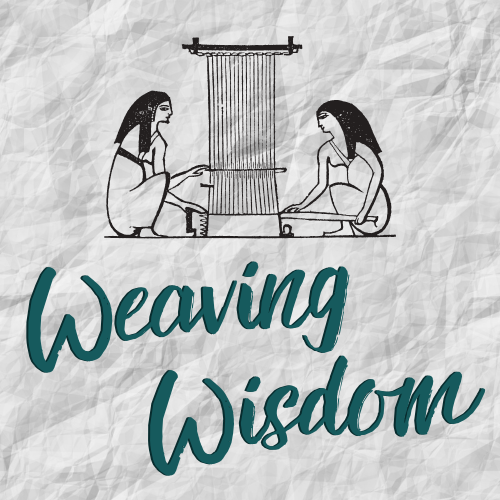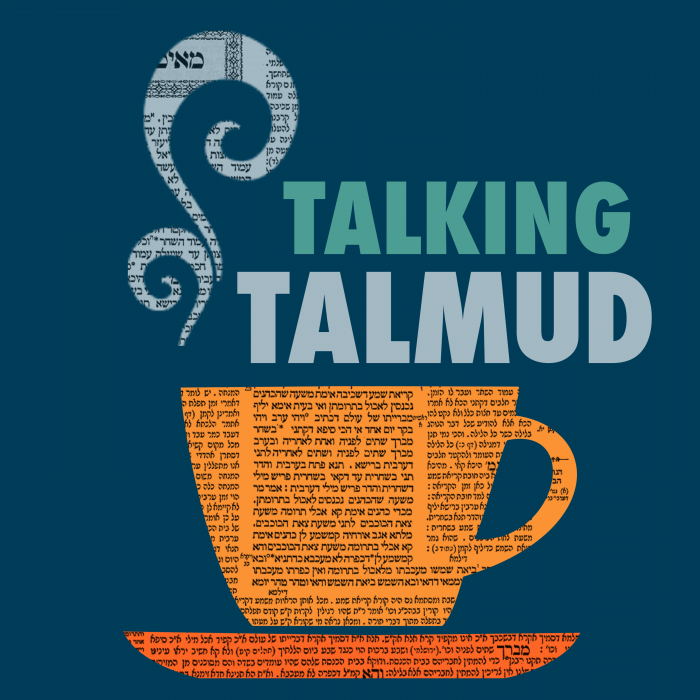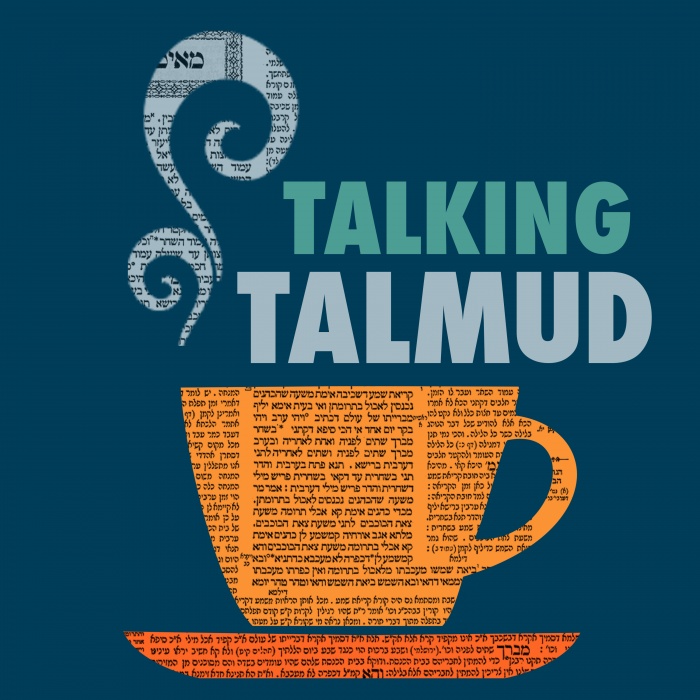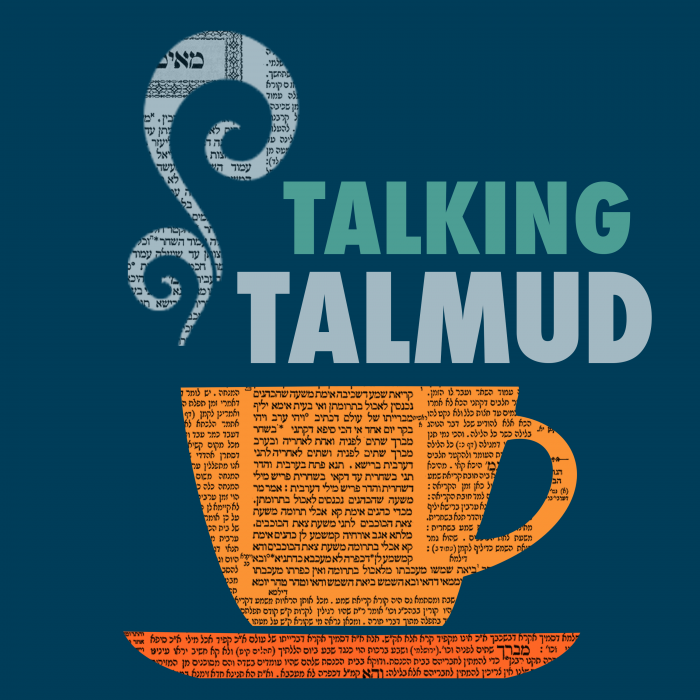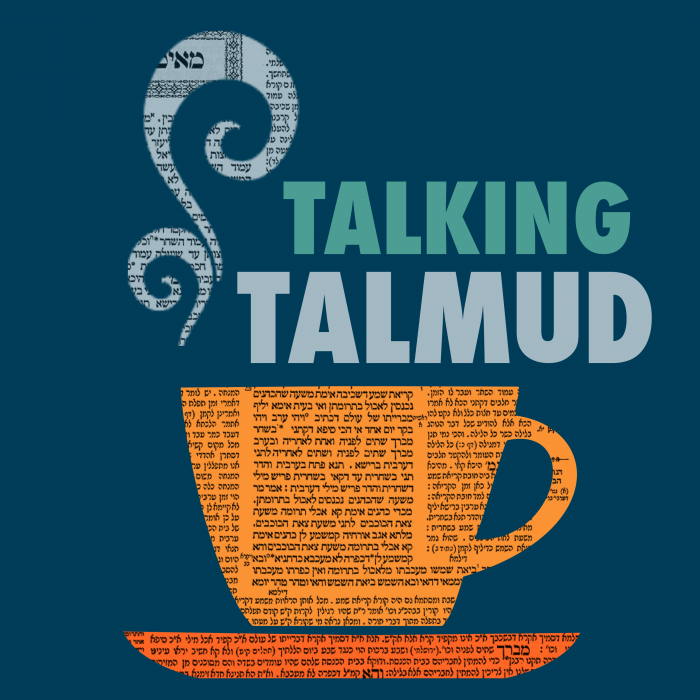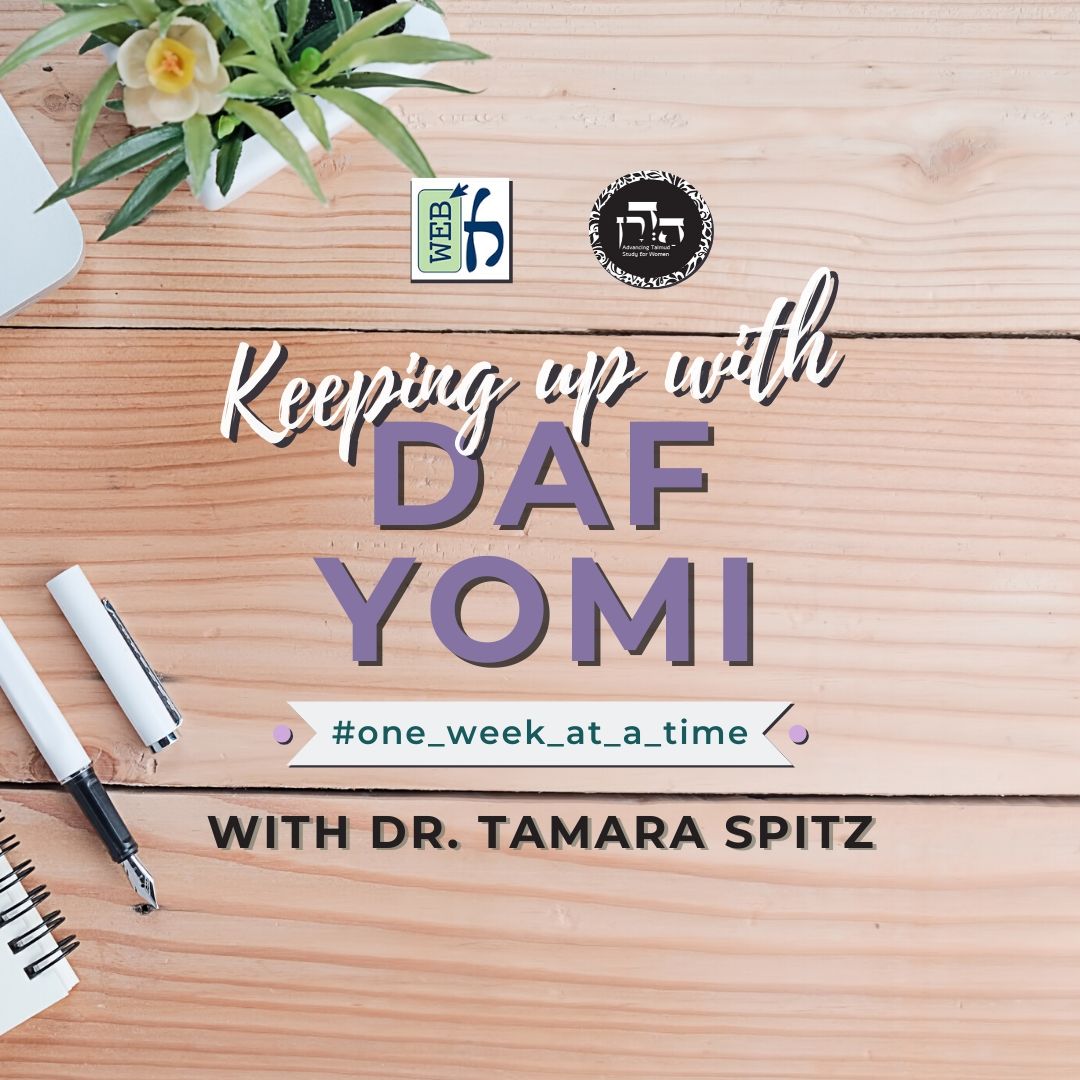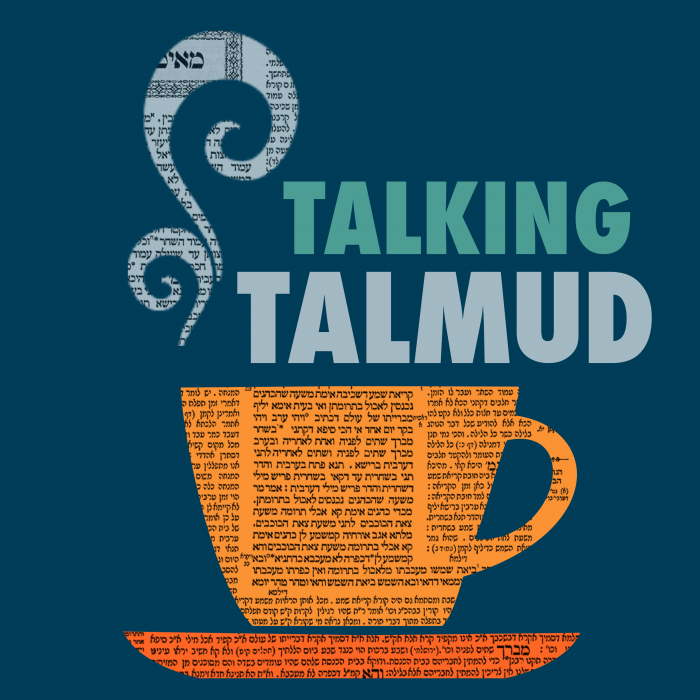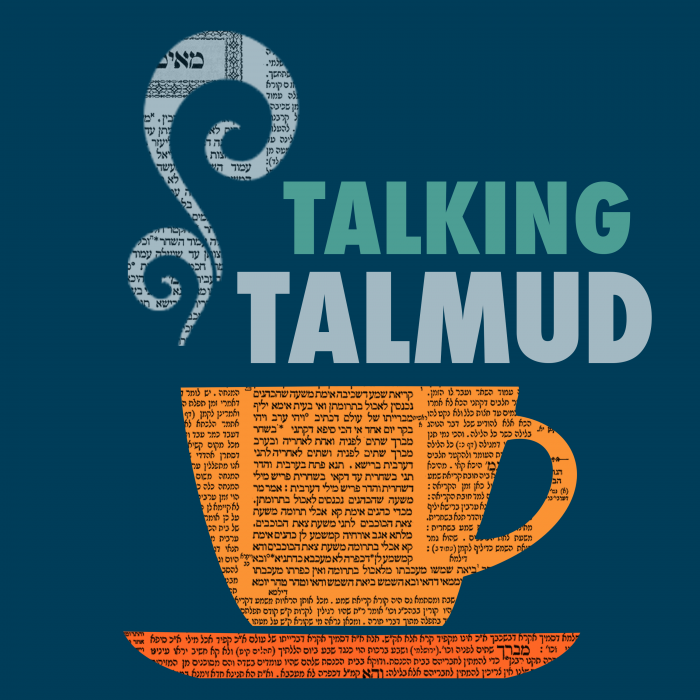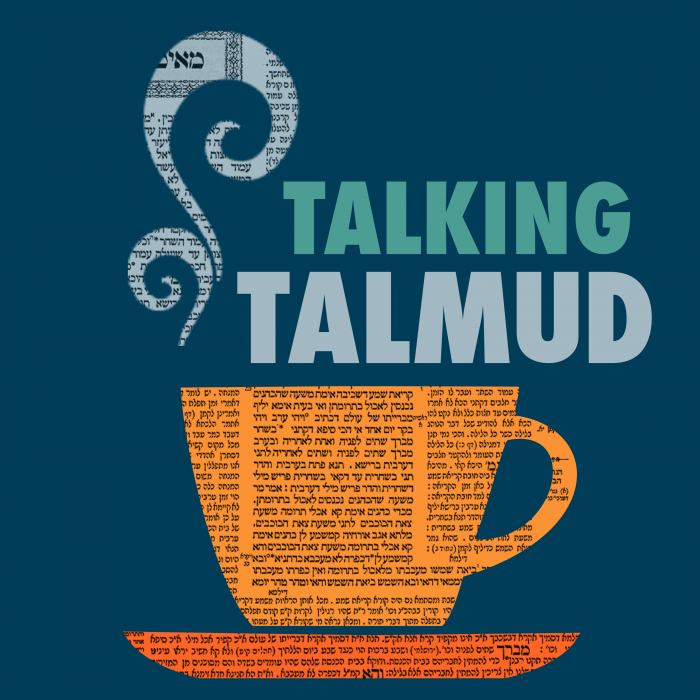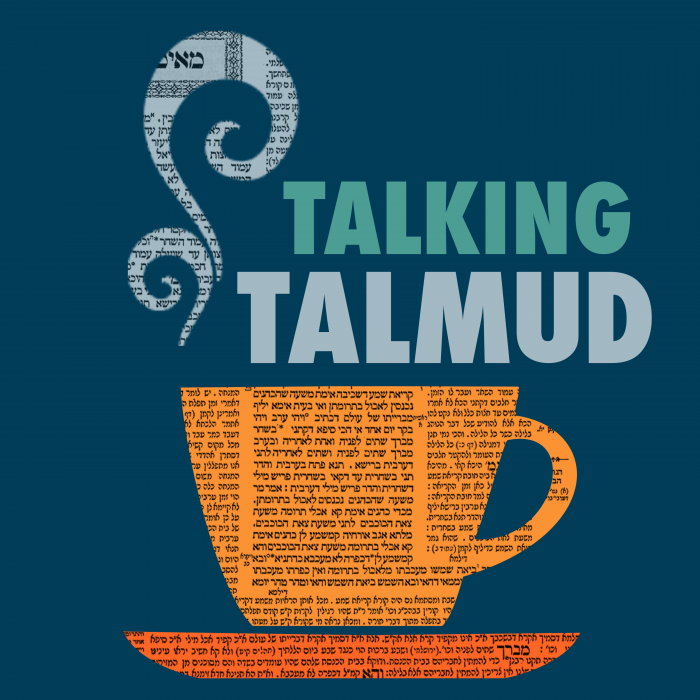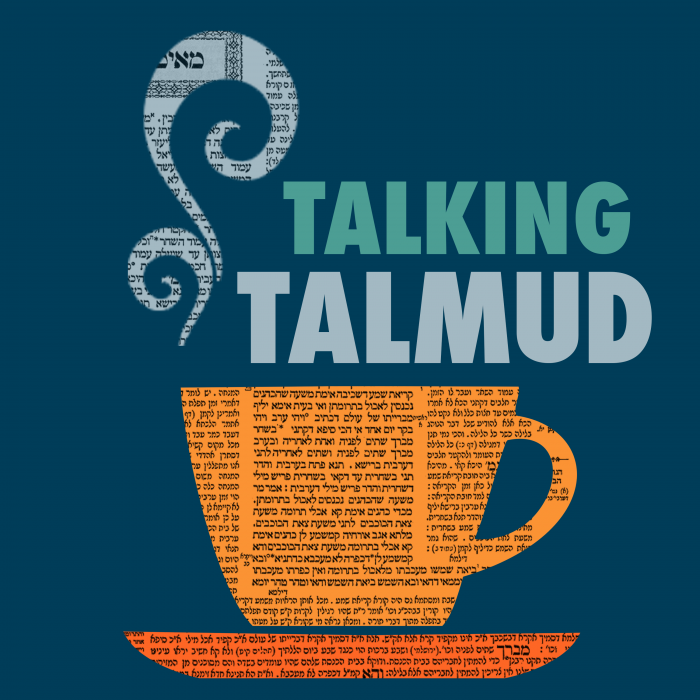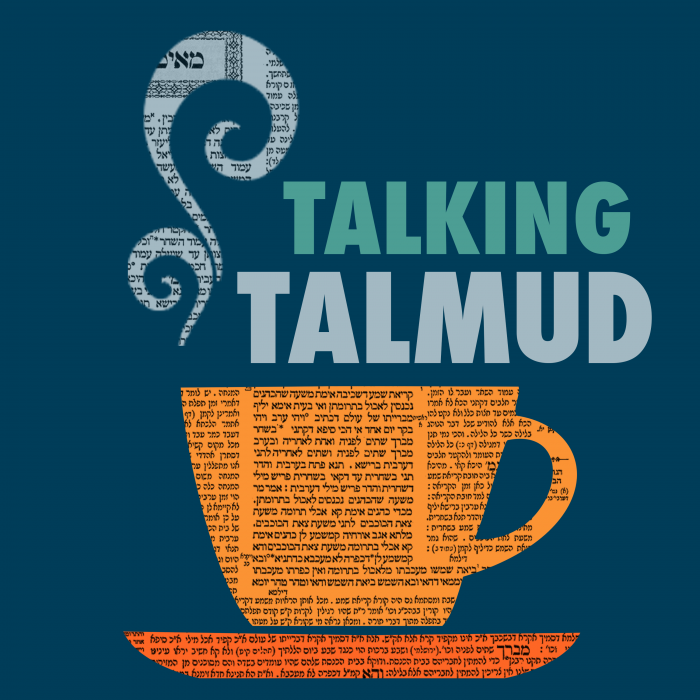Shabbat 137
וּסְתָם סִפְרָא רַבִּי יְהוּדָה.
And an unattributed halakha cited in the Sifra generally reflects the opinion of Rabbi Yehuda.
אָמַר רַב נַחְמָן בַּר יִצְחָק: אַף אֲנַן נָמֵי תְּנֵינָא: הַכֹּל כְּשֵׁרִים לְקַדֵּשׁ, חוּץ מֵחֵרֵשׁ שׁוֹטֶה וְקָטָן. רַבִּי יְהוּדָה מַכְשִׁיר בְּקָטָן וּפוֹסֵל בְּאִשָּׁה וְאַנְדְּרוֹגִינוֹס. שְׁמַע מִינַּהּ.
Rav Naḥman bar Yitzḥak said: We too also learned in a mishna that Rabbi Yehuda does not consider a hermaphrodite to be a male in every sense. The Sages disagreed over sanctification of the waters of a purification offering, i.e., the placing of the ashes of the red heifer in potable, running spring water: Everyone is fit to sanctify the waters of a purification offering, except for a deaf-mute, an imbecile, and a minor. Rabbi Yehuda deems a minor fit, but deems a woman and a hermaphrodite unfit. Apparently, Rabbi Yehuda does not consider the legal status of a hermaphrodite to be like that of a male. The Gemara concludes: Conclude from this.
וּמַאי שְׁנָא מִילָה? מִשּׁוּם דִּכְתִיב: ״הִמּוֹל לָכֶם כׇּל זָכָר״.
The Gemara asks: What is different about the halakhot of circumcision, with regard to which Rabbi Yehuda categorizes a hermaphrodite as a male in regard to its laws? The Gemara answers that it is due to the fact that it is written: “This is My covenant which you shall keep, between Me and you and your seed after you: Circumcise for yourselves every male” (Genesis 17:10), and he interprets the phrase “every male” as an amplification including anyone who could possibly be included in the category of a male.
מַתְנִי׳ מִי שֶׁהָיוּ לוֹ שְׁנֵי תִינוֹקוֹת, אֶחָד לָמוּל אַחַר הַשַּׁבָּת וְאֶחָד לָמוּל בַּשַּׁבָּת, וְשָׁכַח וּמָל אֶת שֶׁל אַחַר הַשַּׁבָּת בַּשַּׁבָּת — חַיָּיב.
MISHNA: One who had two babies to circumcise, one of whom he needed to circumcise on the day after Shabbat, and one of whom he needed to circumcise on Shabbat, and he forgot and circumcised the one that should have been circumcised after Shabbat on Shabbat, he is liable to bring a sin-offering, because he performed the prohibited labor of causing a wound not in the framework of performing a mitzva, as no obligation yet exists to circumcise the child.
אֶחָד לָמוּל בְּעֶרֶב שַׁבָּת וְאֶחָד לָמוּל בַּשַּׁבָּת, וְשָׁכַח וּמָל אֶת שֶׁל עֶרֶב שַׁבָּת בַּשַּׁבָּת — רַבִּי אֱלִיעֶזֶר מְחַיֵּיב חַטָּאת, וְרַבִּי יְהוֹשֻׁעַ פּוֹטֵר.
If there were two babies, one to circumcise on Shabbat eve, and one to circumcise on Shabbat, and he forgot and circumcised the one that he should have circumcised on Shabbat eve on Shabbat, Rabbi Eliezer deems him liable to bring a sin-offering, as circumcision after its appointed time does not override Shabbat. And Rabbi Yehoshua exempts him; since he intended to perform a mitzva, and despite his error in fact performed a mitzva, he is exempt from bringing a sin-offering.
גְּמָ׳ רַב הוּנָא מַתְנֵי ״חַיָּיב״, רַב יְהוּדָה מַתְנֵי ״פָּטוּר״.
GEMARA: There is a dispute among the amora’im with regard to the correct version of our mishna, based on an early dispute of the tanna’im: Rav Huna teaches the first clause of the mishna as stating: Liable, whereas Rav Yehuda teaches the first clause as stating: Exempt.
רַב הוּנָא מַתְנֵי ״חַיָּיב״, דְּתַנְיָא, אָמַר רַבִּי שִׁמְעוֹן בֶּן אֶלְעָזָר: לֹא נֶחְלְקוּ רַבִּי אֶלְעָזָר וְרַבִּי יְהוֹשֻׁעַ עַל מִי שֶׁהָיוּ לוֹ שְׁנֵי תִינוֹקוֹת, אֶחָד לָמוּל בַּשַּׁבָּת וְאֶחָד לָמוּל אַחַר הַשַּׁבָּת, וְשָׁכַח וּמָל אֶת שֶׁל אַחַר הַשַּׁבָּת בַּשַּׁבָּת — שֶׁהוּא חַיָּיב.
The Gemara explains: Rav Huna taught the first clause as stating: Liable, based on that which was taught in a baraita that Rabbi Shimon ben Elazar said: Rabbi Eliezer and Rabbi Yehoshua did not disagree with regard to one who had two babies, one to circumcise on Shabbat and one to circumcise after Shabbat, and he forgot and circumcised the one who should have been circumcised after Shabbat on Shabbat; in that case, everyone agrees that he is liable to bring a sin-offering.
עַל מָה נֶחְלְקוּ — עַל מִי שֶׁהָיוּ לוֹ שְׁנֵי תִינוֹקוֹת, אֶחָד לָמוּל בְּעֶרֶב שַׁבָּת וְאֶחָד לָמוּל בַּשַּׁבָּת, וְשָׁכַח וּמָל אֶת שֶׁל עֶרֶב שַׁבָּת בַּשַּׁבָּת — שֶׁרַבִּי אֱלִיעֶזֶר מְחַיֵּיב חַטָּאת, וְרַבִּי יְהוֹשֻׁעַ פּוֹטֵר.
With regard to what did they disagree? With regard to one who had two babies, one to circumcise on Shabbat eve and one to circumcise on Shabbat, and he forgot and circumcised the one who should have been circumcised on Shabbat eve on Shabbat, as Rabbi Eliezer renders him liable to bring a sin-offering for this unwitting transgression, and Rabbi Yehoshua exempts him.
וּשְׁנֵיהֶם לֹא לְמָדוּהָ אֶלָּא מֵעֲבוֹדָה זָרָה. רַבִּי אֱלִיעֶזֶר סָבַר: כַּעֲבוֹדָה זָרָה, מָה עֲבוֹדָה זָרָה אָמַר רַחֲמָנָא ״לָא תַּעֲבֵיד״, וְכִי עֲבִיד — מִיחַיַּיב, הָכָא נָמֵי — לָא שְׁנָא.
And both of them only derived it from idolatry, where the Torah details the halakhot of bringing a sin-offering for an unwitting transgression. Rabbi Eliezer holds: The law of every unwitting transgression is like that of idolatry. Just as with regard to idolatry the Torah stated: Do not perform certain activities, and when one performs them unwittingly, he is liable to bring a sin-offering, here too it is no different, and since he transgressed the prohibition, he is liable to bring a sin-offering.
וְרַבִּי יְהוֹשֻׁעַ: הָתָם — דְּלָאו מִצְוָה, הָכָא — מִצְוָה.
And Rabbi Yehoshua holds: There, where the unwitting transgression was not performed in order to fulfill a mitzva, one is liable to bring a sin-offering. Here, his intention was to perform a mitzva, and one who unwittingly violates a prohibition in the course of attempting to fulfill a mitzva is exempt from bringing a sin-offering. This is according to the opinion of Rav Huna, based on the opinion of Rabbi Shimon ben Elazar.
רַב יְהוּדָה מַתְנֵי ״פָּטוּר״, דְּתַנְיָא, אָמַר רַבִּי מֵאִיר: לֹא נֶחְלְקוּ רַבִּי אֱלִיעֶזֶר וְרַבִּי יְהוֹשֻׁעַ עַל מִי שֶׁהָיוּ לוֹ שְׁנֵי תִינוֹקוֹת, אֶחָד לָמוּל בְּעֶרֶב שַׁבָּת וְאֶחָד לָמוּל בַּשַּׁבָּת, וְשָׁכַח וּמָל אֶת שֶׁל עֶרֶב שַׁבָּת בַּשַּׁבָּת — שֶׁהוּא פָּטוּר.
Rav Yehuda taught the first clause as stating: Exempt, based on that which was taught in a baraita that Rabbi Meir said: Rabbi Eliezer and Rabbi Yehoshua did not disagree over one who had two babies to circumcise, one to circumcise on Shabbat eve and one to circumcise on Shabbat, and he forgot and circumcised the one who should have been circumcised on Shabbat eve on Shabbat; in that case, everyone agrees that he is exempt from bringing a sin-offering, as that circumcision fulfilled a mitzva.
עַל מָה נֶחְלְקוּ — עַל מִי שֶׁהָיוּ לוֹ שְׁנֵי תִינוֹקוֹת, אֶחָד לָמוּל אַחַר הַשַּׁבָּת וְאֶחָד לָמוּל בַּשַּׁבָּת, וְשָׁכַח וּמָל אֶת שֶׁל אַחַר הַשַּׁבָּת בַּשַּׁבָּת — שֶׁרַבִּי אֱלִיעֶזֶר מְחַיֵּיב חַטָּאת, וְרַבִּי יְהוֹשֻׁעַ פּוֹטֵר.
With regard to what did they disagree? With regard to one who had two babies, one to circumcise after Shabbat and one to circumcise on Shabbat, and he forgot and circumcised the one who should have been circumcised after Shabbat on Shabbat, as Rabbi Eliezer deems him liable to bring a sin-offering, and Rabbi Yehoshua exempts him.
וּשְׁנֵיהֶם לֹא לְמָדוּהָ אֶלָּא מֵעֲבוֹדָה זָרָה. רַבִּי אֱלִיעֶזֶר סָבַר: כַּעֲבוֹדָה זָרָה, מָה עֲבוֹדָה זָרָה אָמַר רַחֲמָנָא ״לָא תַּעֲבֵיד״, וְכִי עָבֵיד — מִיחַיַּיב, הָכָא נָמֵי — לָא שְׁנָא.
And the Gemara notes here too that both of them only derived it from idolatry. Rabbi Eliezer holds: The halakha of every unwitting transgression sin is like that of idolatry: Just as with regard to idolatry the Torah stated: Do not perform certain activities, and when one performs them unwittingly he is liable to bring a sin-offering, here too it is no different, and since he violated the prohibition, he is liable to bring a sin-offering.
וְרַבִּי יְהוֹשֻׁעַ: הָתָם — לָא טְרִיד [בְּ]מִצְוָה, הָכָא — טְרִיד.
And Rabbi Yehoshua holds: There, with regard to idolatry, one is liable to bring a sin-offering when he performs the transgression, because he is not preoccupied with the performance of a mitzva. Here, he is preoccupied with the performance of a mitzva, and anyone who unwittingly transgresses a prohibition while preoccupied with a mitzva is exempt from bringing a sin-offering.
תָּנֵי רַבִּי חִיָּיא: אוֹמֵר הָיָה רַבִּי מֵאִיר, לֹא נֶחְלְקוּ רַבִּי אֱלִיעֶזֶר וְרַבִּי יְהוֹשֻׁעַ עַל מִי שֶׁהָיוּ לוֹ שְׁנֵי תִינוֹקוֹת, אֶחָד לָמוּל בְּעֶרֶב שַׁבָּת וְאֶחָד לָמוּל בַּשַּׁבָּת, וְשָׁכַח וּמָל אֶת שֶׁל עֶרֶב שַׁבָּת בַּשַּׁבָּת — שֶׁהוּא חַיָּיב.
Rabbi Ḥiyya taught another version of the same dispute between the tanna’im: Rabbi Meir would say that Rabbi Eliezer and Rabbi Yehoshua did not disagree over one who had two babies, one to circumcise on Shabbat eve and one to circumcise on Shabbat, and he forgot and circumcised the one who should have been circumcised on Shabbat eve on Shabbat; in that case, everyone agrees that he is liable to bring a sin-offering.
עַל מָה נֶחְלְקוּ — עַל מִי שֶׁהָיוּ לוֹ שְׁנֵי תִינוֹקוֹת, אֶחָד לָמוּל אַחַר הַשַּׁבָּת וְאֶחָד לָמוּל בַּשַּׁבָּת, וְשָׁכַח וּמָל שֶׁל אַחַר הַשַּׁבָּת בַּשַּׁבָּת — שֶׁרַבִּי אֱלִיעֶזֶר מְחַיֵּיב חַטָּאת וְרַבִּי יְהוֹשֻׁעַ פּוֹטֵר.
With regard to what did they disagree? With regard to one who had two babies to circumcise, one to circumcise after Shabbat and one to circumcise on Shabbat, and he forgot and circumcised the one who should have been circumcised after Shabbat on Shabbat, Rabbi Eliezer deems him liable to bring a sin-offering, and Rabbi Yehoshua exempts him.
הַשְׁתָּא רַבִּי יְהוֹשֻׁעַ סֵיפָא דְּלָא קָא עָבֵיד מִצְוָה — פּוֹטֵר, רֵישָׁא, דְּקָא עָבֵיד מִצְוָה — מְחַיֵּיב?!
The Gemara expresses surprise at this last version: Now, after all, in the latter clause, where he did not perform a mitzva, Rabbi Yehoshua exempts him; in the first clause, where he performed a mitzva, does Rabbi Yehoshua deem him liable?
אָמְרִי דְּבֵי רַבִּי יַנַּאי: רֵישָׁא, כְּגוֹן שֶׁקָּדַם וּמָל שֶׁל שַׁבָּת בְּעֶרֶב שַׁבָּת, דְּלֹא נִיתְּנָה שַׁבָּת לִידָּחוֹת. סֵיפָא נִיתְּנָה שַׁבָּת לִידָּחוֹת.
In the school of Rabbi Yannai they say: The first clause of the baraita is referring to a unique situation, where the circumcisor first unwittingly circumcised the baby who should have been circumcised on Shabbat on Shabbat eve. In that case, Shabbat is not given to be overridden at all, since the baby who was supposed to be circumcised on Shabbat was already circumcised. In the latter clause, however, the circumcision was performed in a situation where Shabbat is given to be overridden.
אֲמַר לֵיהּ רַב אָשֵׁי לְרַב כָּהֲנָא: רֵישָׁא נָמֵי נִיתְּנָה שַׁבָּת לִידָּחוֹת לְגַבֵּי תִּינוֹקוֹת דְּעָלְמָא! לְהַאי גַּבְרָא מִיהָא לָא אִיתְיְהִיב.
Rav Ashi said to Rav Kahana that this explanation is difficult: In the first clause too, Shabbat is given to be overridden with regard to babies in general, as it is permitted to circumcise a baby whose eighth day occurs on Shabbat. He replied: That is indeed so; however, with regard to this person, Shabbat is not given to be overridden, as there is no longer any child who is supposed to be circumcised on Shabbat. Therefore, if he unwittingly performed a circumcision on Shabbat, he is not considered to have unwittingly performed a transgression while preoccupied with the performance of a mitzva.
מַתְנִי׳ קָטָן נִימּוֹל לִשְׁמֹנָה, לְתִשְׁעָה, וְלַעֲשָׂרָה, וּלְאַחַד עָשָׂר, וְלִשְׁנֵים עָשָׂר, לֹא פָּחוֹת וְלֹא יוֹתֵר.
MISHNA: Although a child is generally circumcised at eight days, as the verse states: “And on the eighth day, the flesh of his foreskin shall be circumcised” (Leviticus 12:3), nevertheless, at times he is circumcised at nine days, at times at ten days, at eleven days, and at twelve days, no earlier and no later.
הָא כֵּיצַד? כְּדַרְכּוֹ — לִשְׁמֹנָה. נוֹלַד לְבֵין הַשְּׁמָשׁוֹת — נִימּוֹל לְתִשְׁעָה. בֵּין הַשְּׁמָשׁוֹת שֶׁל עֶרֶב שַׁבָּת — נִימּוֹל לַעֲשָׂרָה.
How so? In his usual manner, a child is circumcised at eight days. If he was born at twilight and it is therefore uncertain on which day he was born, he is circumcised at nine days, as his circumcision is postponed due to that uncertainty, as perhaps the eighth day from his birth has not yet arrived. If he was born at twilight on Shabbat eve, he is not circumcised on the following Shabbat, due to the uncertainty whether it is the eighth or ninth day since his birth, and only a circumcision definitely performed at the appointed time overrides Shabbat. Rather, he is circumcised on Sunday, and the result is that he is circumcised at ten days.
יוֹם טוֹב לְאַחַר הַשַּׁבָּת — נִימּוֹל לְאַחַד עָשָׂר. שְׁנֵי יָמִים שֶׁל רֹאשׁ הַשָּׁנָה — נִימּוֹל לִשְׁנֵים עָשָׂר.
If there was a Festival after that Shabbat, he is not circumcised on the Festival either, and he is circumcised at eleven days. And if that Shabbat was followed by two days of Rosh HaShana, the result is that he is circumcised at twelve days.
קָטָן הַחוֹלֶה — אֵין מוֹהֲלִין אוֹתוֹ עַד שֶׁיַּבְרִיא.
The mishna states another halakha: With regard to a sick child, one does not circumcise him until he becomes healthy.
גְּמָ׳ אָמַר שְׁמוּאֵל: חֲלָצַתּוּ חַמָּה — נוֹתְנִין לוֹ כׇּל שִׁבְעָה לְהַבְרוֹתוֹ.
GEMARA: We learned in the mishna that one does not circumcise a sick baby until he becomes healthy. Shmuel said: A baby that was sick and had a high fever, and subsequently the fever left him, one gives him a full seven days to heal before circumcising him.
אִיבַּעְיָא לְהוּ: מִי בָּעֵינַן מֵעֵת לְעֵת?
With regard to this issue, a dilemma was raised before the Sages: Do we require, during the recovery period, to wait from the time the seven days begin to the exact same time seven days later, i.e., seven complete, twenty-four-hour periods, or is it enough to wait seven days without taking into account the time of day?
תָּא שְׁמַע, דְּתָנֵי לוּדָּא: יוֹם הַבְרָאָתוֹ כְּיוֹם הִוָּלְדוֹ. מַאי לָאו: מָה יוֹם הִוָּלְדוֹ לָא בָּעֵינַן מֵעֵת לְעֵת — אַף יוֹם הַבְרָאָתוֹ לָא בָּעֵינַן מֵעֵת לְעֵת.
The Gemara suggests: Come and hear a solution to this from that which the Sage Luda taught: The day of his healing is like the day of his birth. What, is it not that just as from the day of his birth we need not wait from the time he is born to the same time on the eighth day to circumcise him, so too, with regard to the day of his healing, we need not wait from the time he heals to the same time seven days later?
לָא, עֲדִיף יוֹם הַבְרָאָתוֹ מִיּוֹם הִוָּלְדוֹ, דְּאִילּוּ יוֹם הִוָּלְדוֹ — לָא בָּעֵינַן מֵעֵת לְעֵת, וְאִילּוּ יוֹם הַבְרָאָתוֹ — בָּעֵינַן מֵעֵת לְעֵת.
The Gemara refutes this: No, the day of his healing is superior to the day of his birth. While from the day of his birth until circumcision we need not wait from time to time, from the day of his healing we need to wait seven complete days from time to time.
מַתְנִי׳ אֵלּוּ הֵן צִיצִין הַמְעַכְּבִין אֶת הַמִּילָה: בָּשָׂר הַחוֹפֶה אֶת רוֹב הָעֲטָרָה, וְאֵינוֹ אוֹכֵל בִּתְרוּמָה.
MISHNA: These are the shreds of flesh that invalidate the circumcision if they are not cut. The essential element of circumcision is the removal of the flesh that covers most of the corona, and a child that was not circumcised in this manner is considered uncircumcised, and he does not eat teruma.
וְאִם הָיָה בַּעַל בָּשָׂר — מְתַקְּנוֹ, מִפְּנֵי מַרְאִית הָעַיִן.
And if he was properly circumcised but he was fleshy, and it appears as though he has not been properly circumcised, the circumcisor should correct it by circumcising more than necessary, to avoid the appearance of transgression, so he will not appear uncircumcised.
מָל וְלֹא פָּרַע אֶת הַמִּילָה — כְּאִילּוּ לֹא מָל.
If one circumcised but did not uncover the flesh at the area of the circumcision by folding back the thin membrane beneath the foreskin, it is as if he had not circumcised.
גְּמָ׳ אָמַר רַבִּי אֲבִינָא אָמַר רַבִּי יִרְמְיָה בַּר אַבָּא אָמַר רַב: בָּשָׂר הַחוֹפֶה אֶת רוֹב גּוֹבְהָהּ שֶׁל עֲטָרָה.
GEMARA: Rabbi Avina said that Rabbi Yirmeya bar Abba said that Rav said: When the mishna said most of the corona, they meant the flesh that covers most of the height of the corona, as well as most of its circumference.
וְאִם הָיָה בַּעַל בָּשָׂר וְכוּ׳. אָמַר שְׁמוּאֵל: קָטָן הַמְסוּרְבָּל בְּבָשָׂר, רוֹאִין אוֹתוֹ, כׇּל זְמַן שֶׁמִּתְקַשֶּׁה וְנִרְאֶה מָהוּל — אֵינוֹ צָרִיךְ לָמוּל, וְאִם לָאו — צָרִיךְ לָמוּל.
We learned in the mishna: If the baby was fleshy, the circumcisor corrects the circumcision so that it will not appear uncircumcised. Shmuel said: A child who is encumbered with flesh, one examines him, and as long as when his limb hardens he looks circumcised, one need not circumcise him again. And if not, meaning he does not appear circumcised even then, one must circumcise him again.
בְּמַתְנִיתָא תָּנָא, רַבָּן שִׁמְעוֹן בֶּן גַּמְלִיאֵל אוֹמֵר: קָטָן הַמְסוּרְבָּל בְּבָשָׂר, רוֹאִין אוֹתוֹ, כׇּל זְמַן שֶׁמִּתְקַשֶּׁה וְאֵינוֹ נִרְאֶה מָהוּל — צָרִיךְ לְמוּלוֹ, וְאִם לָאו — אֵינוֹ צָרִיךְ לְמוּלוֹ.
It was taught in a baraita that Rabban Shimon ben Gamliel says: A child who is encumbered with flesh, one examines him, and as long as when it hardens it does not appear circumcised, one needs to circumcise him again, and if not, one need not circumcise him again.
מַאי בֵּינַיְיהוּ? אִיכָּא בֵּינַיְיהוּ, נִרְאֶה וְאֵינוֹ נִרְאֶה.
The Gemara asks: What is the practical difference between these two formulations? The Gemara answers: There is a practical difference between them in a case where he appears circumcised but does not appear fully circumcised. According to Shmuel, in order to avoid an additional circumcision, one must appear fully circumcised, and this state is insufficient. According to Rabban Shimon ben Gamliel, only one who appears uncircumcised requires further circumcision; this partial circumcision is adequate.
מָל וְלֹא פָּרַע. תָּנוּ רַבָּנַן, הַמָּל אוֹמֵר: ״אֲשֶׁר קִדְּשָׁנוּ בְּמִצְוֹתָיו וְצִוָּנוּ עַל הַמִּילָה״. אֲבִי הַבֵּן אוֹמֵר: ״אֲשֶׁר קִדְּשָׁנוּ בְּמִצְוֹתָיו וְצִוָּנוּ לְהַכְנִיסוֹ בִּבְרִיתוֹ שֶׁל אַבְרָהָם אָבִינוּ״. הָעוֹמְדִים אוֹמְרִים: ״כְּשֵׁם שֶׁנִּכְנַס לַבְּרִית, כָּךְ יִכָּנֵס לְתוֹרָה לְחוּפָּה וּלְמַעֲשִׂים טוֹבִים״.
We learned in the mishna: If he circumcised a child but did not uncover the area of the circumcision, it is as if he did not circumcise him. The Sages taught in a Tosefta that one who circumcises a child recites: Who has made us holy through His commandments, and commanded us concerning circumcision. The father of the circumcised child recites: Who has made us holy through His commandments, and commanded us to bring him into the covenant of Abraham, our father. Those standing there recite: Just as he has entered into the covenant, so may he enter into Torah, marriage, and good deeds.
וְהַמְבָרֵךְ אוֹמֵר: ״אֲשֶׁר קִידֵּשׁ יָדִיד מִבֶּטֶן, חוֹק בִּשְׁאֵרוֹ שָׂם, וְצֶאֱצָאָיו חָתַם בְּאוֹת בְּרִית קֹדֶשׁ. עַל כֵּן בִּשְׂכַר זֹאת אֵל חַי חֶלְקֵנוּ [צוּרֵנוּ], צִוָּה לְהַצִּיל יְדִידוּת שְׁאֵרֵינוּ מִשַּׁחַת לְמַעַן בְּרִיתוֹ אֲשֶׁר שָׂם בִּבְשָׂרֵנוּ. בָּרוּךְ אַתָּה ה׳ כּוֹרֵת הַבְּרִית״.
And the one who recites the additional blessing says: Who made the beloved one holy from the womb, marked the decree in his flesh, and gave his descendants the seal and the sign of the holy covenant. Therefore, as a reward for this, the living God, our Portion, commanded to deliver the beloved of our flesh from destruction, for the sake of His covenant that He set in our flesh. Blessed are You, Lord, Who establishes the covenant.
הַמָּל אֶת הַגֵּרִים אוֹמֵר: ״בָּרוּךְ אַתָּה ה׳ אֱלֹהֵינוּ מֶלֶךְ הָעוֹלָם אֲשֶׁר קִדְּשָׁנוּ בְּמִצְוֹתָיו וְצִוָּנוּ עַל הַמִּילָה״, וְהַמְבָרֵךְ אוֹמֵר: ״אֲשֶׁר קִדְּשָׁנוּ בְּמִצְוֹתָיו וְצִוָּנוּ לָמוּל אֶת הַגֵּרִים וּלְהַטִּיף מֵהֶם דַּם בְּרִית, שֶׁאִילְמָלֵא דַּם בְּרִית לֹא נִתְקַיְּימוּ שָׁמַיִם וָאָרֶץ, שֶׁנֶּאֱמַר: ׳אִם לֹא בְרִיתִי יוֹמָם וָלָיְלָה חוּקּוֹת שָׁמַיִם וָאָרֶץ לֹא שָׂמְתִּי׳. בָּרוּךְ אַתָּה ה׳ כּוֹרֵת הַבְּרִית״.
One who circumcises converts says: Blessed are You, Lord, our God, King of the universe, Who made us holy with His commandments, and commanded us concerning circumcision. And the one who recites the additional blessing recites: Who has made us holy with His commandments, and commanded us to circumcise converts, and to drip from them covenantal blood, as were it not for the blood of the covenant, the heaven and earth would not be sustained, as it is stated: “If My covenant would not be with day and night, the ordinances of heaven and earth I would not have placed” (Jeremiah 33:25), which is interpreted to mean that were it not for the covenant of circumcision that is manifest both day and night, the world would cease to exist. He concludes the blessing with the phrase: Blessed are You, Lord, Who establishes the covenant.
הַמָּל אֶת הָעֲבָדִים אוֹמֵר: ״אֲשֶׁר קִדְּשָׁנוּ בְּמִצְוֹתָיו וְצִוָּנוּ עַל הַמִּילָה״, וְהַמְבָרֵךְ אוֹמֵר: ״אֲשֶׁר קִדְּשָׁנוּ בְּמִצְוֹתָיו וְצִוָּנוּ לָמוּל אֶת הָעֲבָדִים וּלְהַטִּיף מֵהֶם דַּם בְּרִית, שֶׁאִילְמָלֵא דַּם בְּרִית חוּקּוֹת שָׁמַיִם וָאָרֶץ לֹא נִתְקַיְּימוּ, שֶׁנֶּאֱמַר: ׳אִם לֹא בְרִיתִי יוֹמָם וָלָיְלָה חוּקּוֹת שָׁמַיִם וָאָרֶץ לֹא שָׂמְתִּי׳. בָּרוּךְ אַתָּה ה׳ כּוֹרֵת הַבְּרִית״.
When a Jew buys a Canaanite slave, he is obligated to circumcise the slave, as the slave is partially entering the covenant of the Jewish people. One who circumcises slaves recites a blessing: Who made us holy with His commandments, and commanded us concerning circumcision. And the one who recites the additional blessings says a blessing similar to those mentioned above: Who made us holy with His commandments, and commanded us to circumcise slaves, and to drip from them covenantal blood, as were it not for the blood of the covenant the heaven and earth would not be sustained, as it is stated: “If My covenant would not be with day and night, the ordinances of heaven and earth I would not have placed” (Jeremiah 33:25). Blessed are You, Lord, Who establishes the covenant.
הדרן עלך רבי אליעזר דמילה
מַתְנִי׳ רַבִּי אֱלִיעֶזֶר אוֹמֵר: תּוֹלִין אֶת הַמְשַׁמֶּרֶת בְּיוֹם טוֹב, וְנוֹתְנִין לַתְּלוּיָה בַּשַּׁבָּת. וַחֲכָמִים אוֹמְרִים: אֵין תּוֹלִין אֶת הַמְשַׁמֶּרֶת בְּיוֹם טוֹב, וְאֵין נוֹתְנִין לַתְּלוּיָה בַּשַּׁבָּת, אֲבָל נוֹתְנִין לַתְּלוּיָה בְּיוֹם טוֹב.
MISHNA: Rabbi Eliezer says: One may suspend and stretch over a base the strainer through which sediment is filtered from wine, on a Festival. And one may place wine through a strainer that was already suspended the day before; however, one may not suspend the strainer on Shabbat. And the Rabbis say: One may not suspend the strainer on a Festival, and one may not place wine for filtering through a suspended strainer on Shabbat; however, one may place wine through a suspended strainer on a Festival.
גְּמָ׳ הַשְׁתָּא רַבִּי אֱלִיעֶזֶר אוֹסוֹפֵי אֹהֶל עֲרַאי לָא מוֹסְפִינַן, לְמִיעְבַּד לְכַתְּחִלָּה שְׁרֵי?!
GEMARA: The Gemara raises a difficulty with regard to Rabbi Eliezer’s position: Now, Rabbi Eliezer holds that we may not even add to a temporary tent on Shabbat; could it be that to make a tent is permitted ab initio? Stretching a strainer over a base, which Rabbi Eliezer permits, is comparable to making a tent.
מַאי הִיא — דִּתְנַן: פְּקַק הַחַלּוֹן, רַבִּי אֱלִיעֶזֶר אוֹמֵר: בִּזְמַן שֶׁקָּשׁוּר וְתָלוּי — פּוֹקְקִין בּוֹ, וְאִם לָאו — אֵין פּוֹקְקִין בּוֹ. וַחֲכָמִים אוֹמְרִים: בֵּין כָּךְ וּבֵין כָּךְ — פּוֹקְקִין בּוֹ.
The Gemara explains the question: What is this opinion of Rabbi Eliezer’s? As we learned in a mishna: With regard to a window shutter used to cover a skylight, Rabbi Eliezer says: When it is tied to and hanging from the window, i.e., it is not touching the ground, one may shutter the window with it, and if not, one may not shutter the window with it. And the Rabbis say: Both in this case and in that case one may shutter with it.
וְאָמַר רַבָּה בַּר בַּר חָנָה אָמַר רַבִּי יוֹחָנָן: הַכֹּל מוֹדִים שֶׁאֵין עוֹשִׂין אֹהֶל עֲרַאי בַּתְּחִלָּה בְּיוֹם טוֹב, וְאֵין צָרִיךְ לוֹמַר בַּשַּׁבָּת. לֹא נֶחְלְקוּ אֶלָּא לְהוֹסִיף, שֶׁרַבִּי אֱלִיעֶזֶר אוֹמֵר: אֵין מוֹסִיפִין בְּיוֹם טוֹב, וְאֵין צָרִיךְ לוֹמַר בַּשַּׁבָּת. וַחֲכָמִים אוֹמְרִים: מוֹסִיפִין בַּשַּׁבָּת, וְאֵין צָרִיךְ לוֹמַר בְּיוֹם טוֹב.
And Rabba bar bar Ḥana said that Rabbi Yoḥanan said: Everyone agrees that one may not construct a temporary tent on a Festival for the first time, and needless to say, one may not do so on Shabbat. The tanna’im disagree only with regard to adding to an existing tent, as Rabbi Eliezer says: One may not add to an existing structure on a Festival, and needless to say, one may not do so on Shabbat. And the Rabbis say: One may add to the temporary structure on Shabbat, and needless to say, one may do so on a Festival.
רַבִּי אֱלִיעֶזֶר סָבַר לַהּ כְּרַבִּי יְהוּדָה. דְּתַנְיָא: אֵין בֵּין יוֹם טוֹב לַשַּׁבָּת אֶלָּא אוֹכֶל נֶפֶשׁ בִּלְבָד. רַבִּי יְהוּדָה מַתִּיר אַף מַכְשִׁירֵי אוֹכֶל נֶפֶשׁ.
The Gemara answers: Rabbi Eliezer indeed holds that the suspension of a strainer constitutes a prohibited labor. However, Rabbi Eliezer holds in accordance with the opinion of Rabbi Yehuda with regard to actions that facilitate preparation of food on a Festival, as it was taught in a baraita: The only difference between a Festival and Shabbat is with regard to the preparation of food alone. It is permitted to perform labors for the purpose of food preparation on a Festival, but not on Shabbat. Rabbi Yehuda permits even actions that facilitate food preparation on a Festival, e.g., fixing utensils with which food is prepared on the Festival. Similarly, Rabbi Eliezer permits the suspension of a strainer, which would otherwise constitute a prohibited labor, in order to prepare wine for use on the Festival.
אֵימַר דְּשָׁמְעִינַן לֵיהּ לְרַבִּי יְהוּדָה בְּמַכְשִׁירִין שֶׁאִי אֶפְשָׁר לַעֲשׂוֹתָם מֵעֶרֶב יוֹם טוֹב, בַּמַּכְשִׁירִין שֶׁאֶפְשָׁר לַעֲשׂוֹתָם מֵעֶרֶב יוֹם טוֹב מִי שָׁמְעַתְּ לֵיהּ?!
The Gemara asks: Say that we heard that Rabbi Yehuda permits labors that are otherwise prohibited if they pertain to actions that facilitate food preparation that cannot be performed on the eve of the Festival; however, with regard to actions that facilitate food preparation that can be performed on the eve of the Festival, did you hear that he permits doing so?
דְּרַבִּי אֱלִיעֶזֶר עֲדִיפָא מִדְּרַבִּי יְהוּדָה.
The Gemara answers: The leniency of Rabbi Eliezer exceeds that of Rabbi Yehuda. Unlike Rabbi Yehuda, Rabbi Eliezer does not distinguish between actions that facilitate food preparation that can and those that cannot be performed on the eve of the Festival.
וַחֲכָמִים אוֹמְרִים. אִיבַּעְיָא לְהוּ: תָּלָה מַאי? אָמַר רַב יוֹסֵף: תָּלָה — חַיָּיב חַטָּאת.
We learned in the mishna: And the Rabbis say: One may not suspend the strainer on a Festival. A dilemma was raised before the Sages: If he suspended a strainer unwittingly, what is the halakha? Rav Yosef said: If he suspended it, he is liable to bring a sin-offering, like anyone who unwittingly performs a labor prohibited by Torah law on Shabbat.
אֲמַר לֵיהּ אַבָּיֵי: אֶלָּא מֵעַתָּה, תְּלָא כּוּזָא בְּסִיכְּתָא הָכִי נָמֵי דְּמִיחַיַּיב?!
Abaye said to him: But if that is so, that an action of that sort constitutes performance of the prohibited labor of building by Torah law, then if one suspended a jug on a peg, is he also liable for building a tent?




